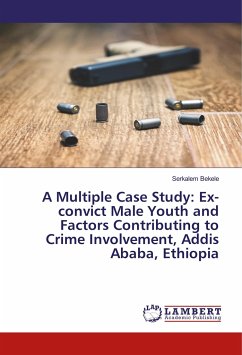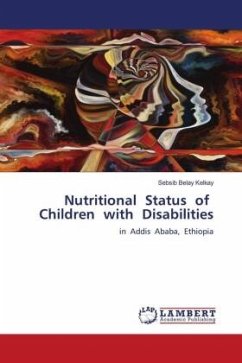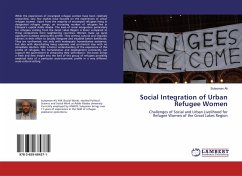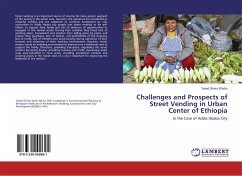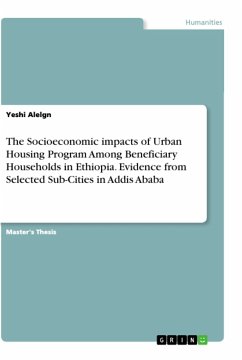In Ethiopia, a significant number of adolescents and youth have been involved in crime. The criminal justice system has been a major means to address delinquency and crime. This study explored the life experiences and situation of ten male ex-convict youth between the ages of 15 to 24. The life experiences of youth explored in terms of their family background, family relationships, peers, school, and community context. The study employed a qualitative multiple case study. Face-to-face interviews with ten youths conducted using a semi-structured interview guide. This study indicated that most ex-convict youths were from families disrupted due to divorce, death of one or both parents, chronic illness, or lengthy separation. As a result, youth experienced poor support, treatment, understanding, supervision, encouragement, discipline, trust, and affection from their parents, siblings, caregivers, and teachers. Rejection and frequent disagreements with caregivers and siblings further aggravated youth's feelings of anger, frustration, and hopelessness. Thus, youth became associated with delinquent peers; street life and gang groups became school dropouts, used addictive substances, etc.
Bitte wählen Sie Ihr Anliegen aus.
Rechnungen
Retourenschein anfordern
Bestellstatus
Storno

